1500s
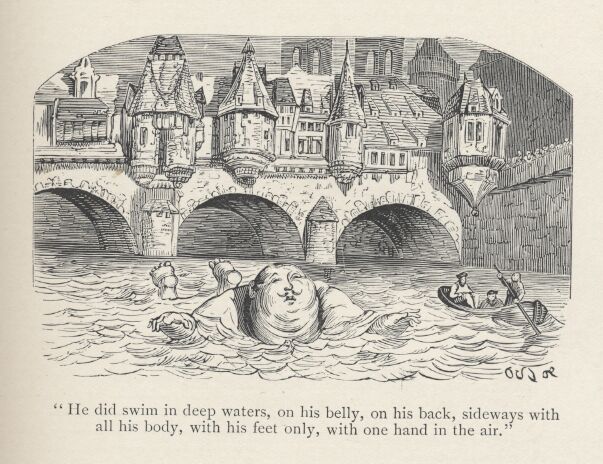
Today in Labor History January 17, 1536: Francois Rabelais was absolved of apostasy by Pope Paul III and allowed to resume his medical practice. Rabelais was a physician, writer, Catholic monk and Greek scholar. He published “Pantagruel” in 1532. He later incorporated it into his larger work, “Gargantua and Pantagruel,” which satirized the nobility, the church, the legal system, explorers, machismo and pretty much all that was sacred to the French ruling elite. Consequently, the Church and the state persecuted him for much of his life. His last will stated: “I have nothing. I owe a great deal. The rest I leave to the poor.”

One of my favorite passages: The FURREED Law-Cats are most terrible and dreadful monsters; they devour little children, and trample over marble stones. Pray tell me, noble topers, do they not deserve to have their snouts slit? The hair of their hides doesn’t grow outward, but inwards… They have claws so very strong, long, and sharp that nothing can get from ‘em what is once fast between their clutches… Among ‘em reigns the sixth essence; by the means of which they gripe all, devour all, burn all, draw all, hang all, quarter all, behead all, murder all, imprison all, waste all and ruin all, without the least notice of right and wrong; for among them vice is called virtue; wickedness, piety; treason, loyalty; robbery, justice. Plunder is their motto, and all this they do because they dare; their authority is sovereign and irrefragable.
1860s-1870s

Today in Labor History January 17, 1863: Mr. Thomas Crapper patented the flush toilet. Ironically, Crapper died from cancer of the crapper (i.e., colon cancer). The word “crap,” however, does not come from Mr. Crapper, as is commonly believed. It comes from the Dutch word “krappen,” to pluck off or separate, and from the Old French word “crappe,” for waste, or rejected material.
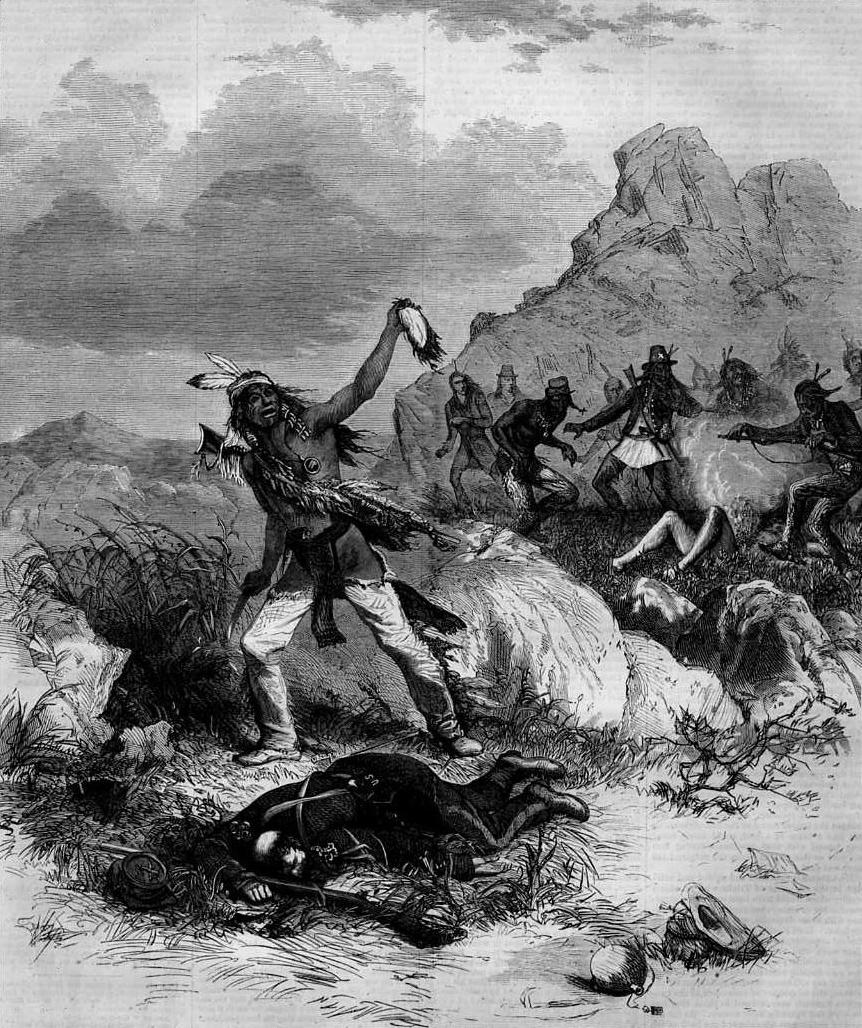
Today in Labor History January 17, 1873: A group of Modoc warriors defeated the U.S. Army in the First Battle of the Stronghold. The battle was part of the Modoc War. Captain Jack (Kintpuash) led the Modocs. The Lava Beds near Tule Lake were a natural fortress, with hundreds of caves and tunnels that were well-known to the Modocs. There was a dense fog. The soldiers couldn’t see, yet they proceeded anyway. Modoc sharpshooters hid in crevasses and picked off U.S. soldiers, one by one.
In all, the Modocs killed thirty-five U.S. soldiers. And the army killed two Modoc squaws and two of their children. Eventually, the army brought in more troops and surrounded the Modoc camp. But Captain Jack snuck everyone out through secrets tunnels. The army pursued them for months and finally captured them. They hanged Captain Jack and donated his head to the Army Medical Museum in Washington. They later transferred it to the Smithsonian, where it remained until 1984.
1890s
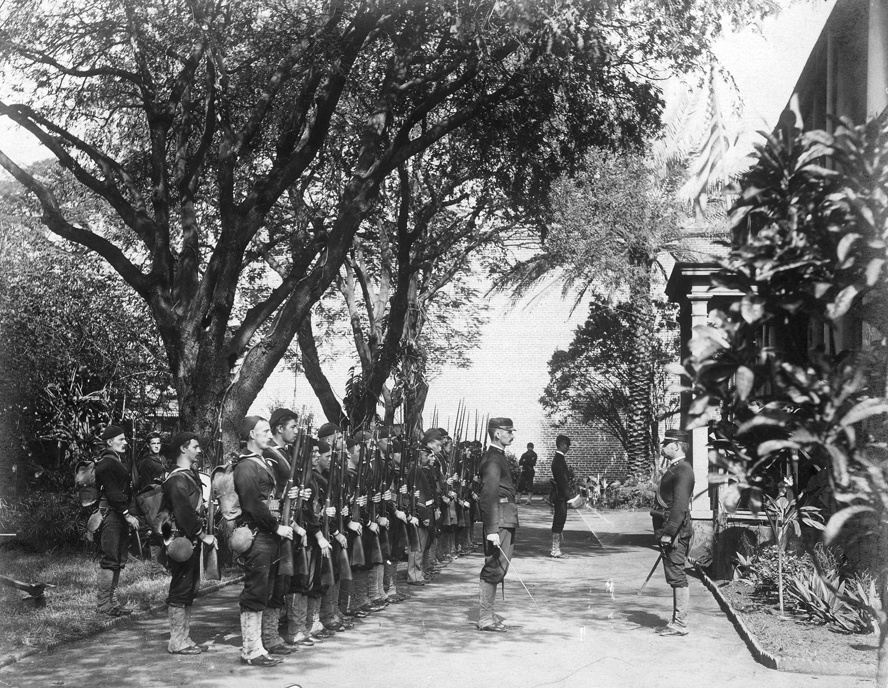
Today in Labor History January 17, 1893: The Citizens’ Committee of Public Safety led the Overthrow of the Kingdom of Hawaii and the government of Queen Liliʻuokalani. Soon after, the Marines landed to “protect U.S. interests.” The majority of insurgents were Haoles (white foreigners). Several were U.S. agents. They created the Republic of Hawaii, with the goal of annexing it to the U.S., which occurred 5 years later.
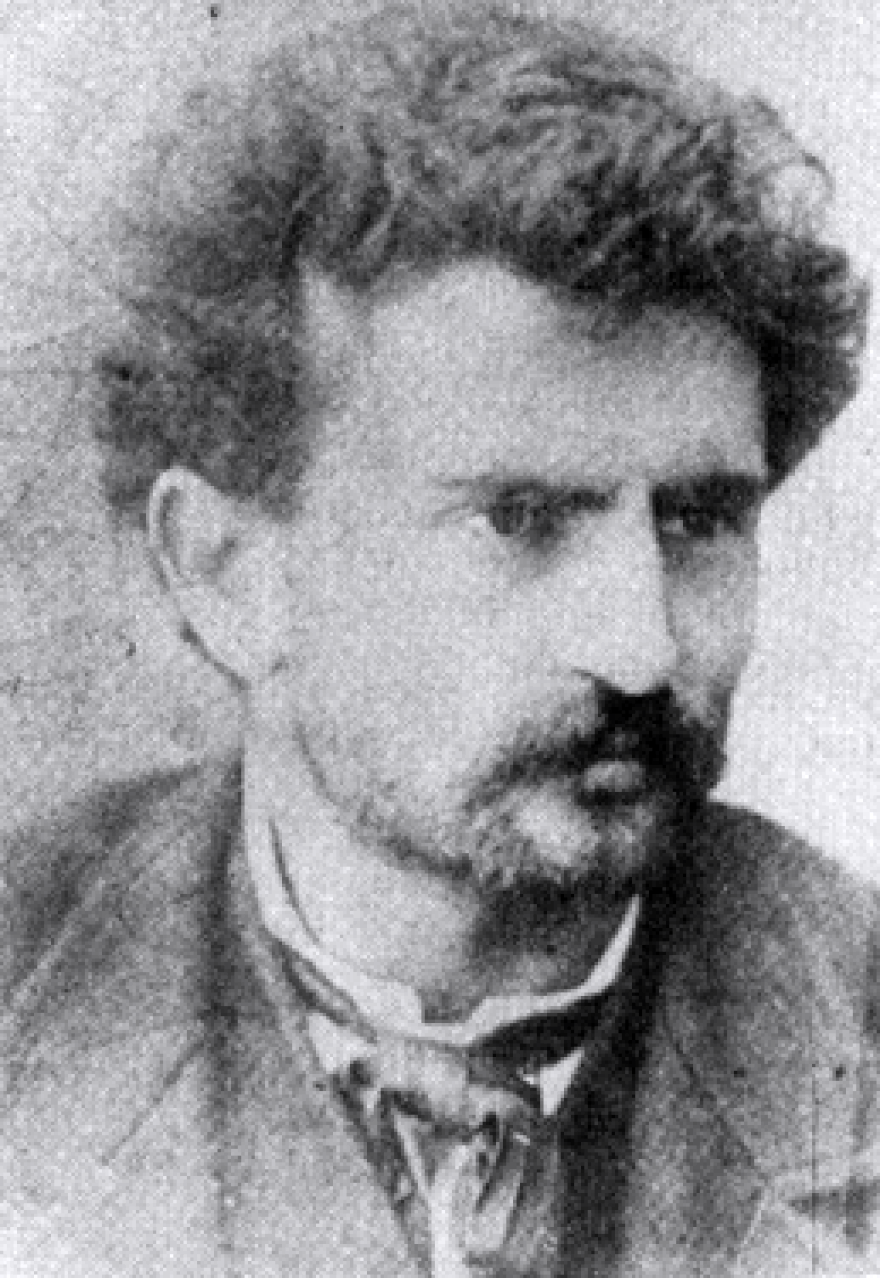
Today in Labor History January 17, 1898: A two-day General Strike occurred in Ancone, Italy, following an increase in bread prices. Bread riots occurred in 50 other Italian towns, as well. The army occupied the city. Errico Malatesta and several other anarchists were charged with criminal conspiracy against public security and property. During the trial, 3,000 anarchists signed a declaration confessing to being guilty of that same crime.
1910s
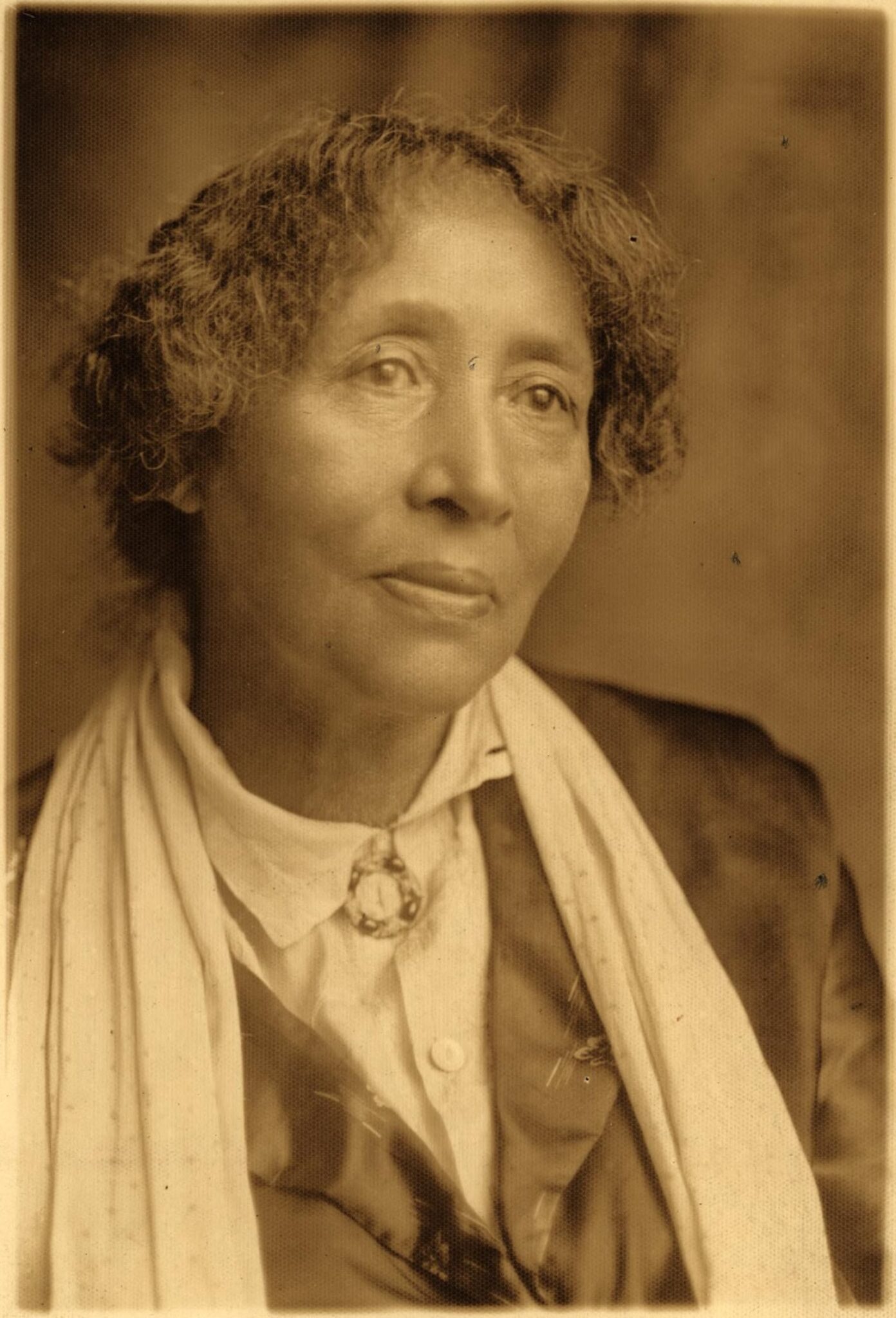
Today in Labor History January 17, 1915: Lucy Parsons, anarchist and IWW cofounder, organized and led a hunger march of 1,500 people in Chicago. They carried banners saying, “We want work, not charity,” and “We refuse to starve!” Police attacked them with clubs and shot at them. Amazingly, no one was killed. They also arrested 15, including Parsons, for marching without a permit.
Today in Labor History January 17, 1915: Wobbly (IWW) Ralph Chapin published the famous labor song, “Solidarity Forever.”
1950s
Today in labor History January 17, 1950: Eleven thieves stole over $2 million ($30 million in today’s dollars) from an armored car company’s offices in Boston in the Great Brink’s Robbery. It was one of the biggest heists in U.S. history.
Lumumba
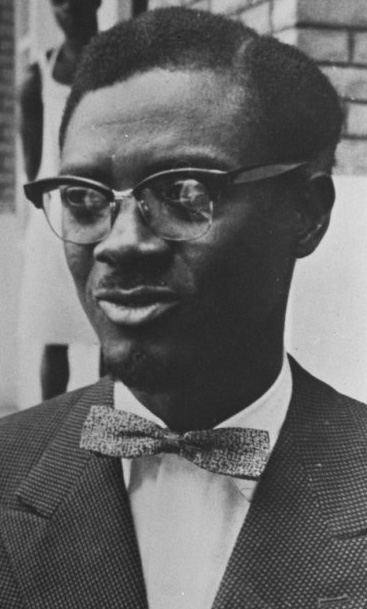
Today in labor History January 17, 1961: Patrice Lumumba, anti-colonial fighter and former premier of the newly independent Republic of the Congo, was assassinated with the complicity of the CIA. President Eisenhower authorized an assassination in 1960, because of Lumumba’s ties with the Soviet Union. CIA chemist Sidney Gottlieb planned to kill him with a poisoned toothpaste. Gottlieb was the main scientist behind the CIA’s MKUltra program, which did illegal human mind control experiments with drugs, like LSD, without the victim’s knowledge or consent. He was also involved in numerous assassinations.
Palomares Incident
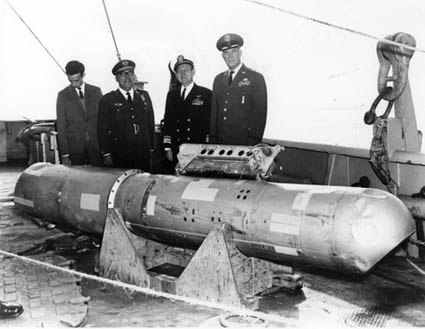
Today in labor History January 17, 1966: A B-52 bomber collided with a KC-135 Stratotanker over Spain, killing seven airmen. They also accidentally dropped three 70-kiloton nuclear bombs near the town of Palomares and another into the sea. The non-nuclear trigger explosives detonated on impact, causing plutonium to spill and contaminate a 2-kilometer square area. However, there were no thermonuclear reactions or nuclear explosions. Despite an attempt to clean up the contamination, they were still finding radioactive sea life 40 years later. The Duchess of Medina Sidonia, known as the Red Duchess for her socialist activism, led a local protest at the U.S. embassy. The fascist Franco government arrested her and sentenced her to 13 months in prison.
The Panthers and COINTELLPRO
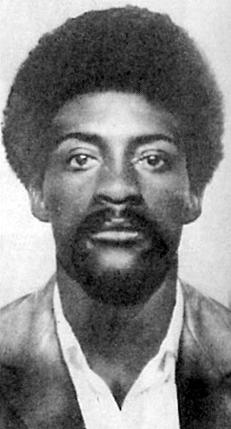
Today in labor History January 17, 1969: Black Panther Party members Bunchy Carter and John Huggins died in a shootout with the rival black nationalist Organization Us, during a meeting at UCLA. The rivalry and antagonism between the two groups was deliberately stoked by the FBI’s COINTELPRO, or counterintelligence program. The FBI even sent counterfeit death threats to members of both organizations, making it look like they originated with the other group.
1970s-1990s
Today in Labor History January 17, 1977: The U.S. resumed capital punishment after a ten-year hiatus, by executing Gary Gilmore by firing squad in Utah. Check out the classic punk song, “Gary Gilmore’s Eyes,” by the Adverts.
Today in Labor History January 17, 1997: Holt Labor Library, in San Francisco, fired both of its workers, Ali Bruce and Kurt Biddle. Both were involved in a union organizing effort at New College and the Holt Labor Library.
Pingback: Eddie Would Go - Michael Dunn